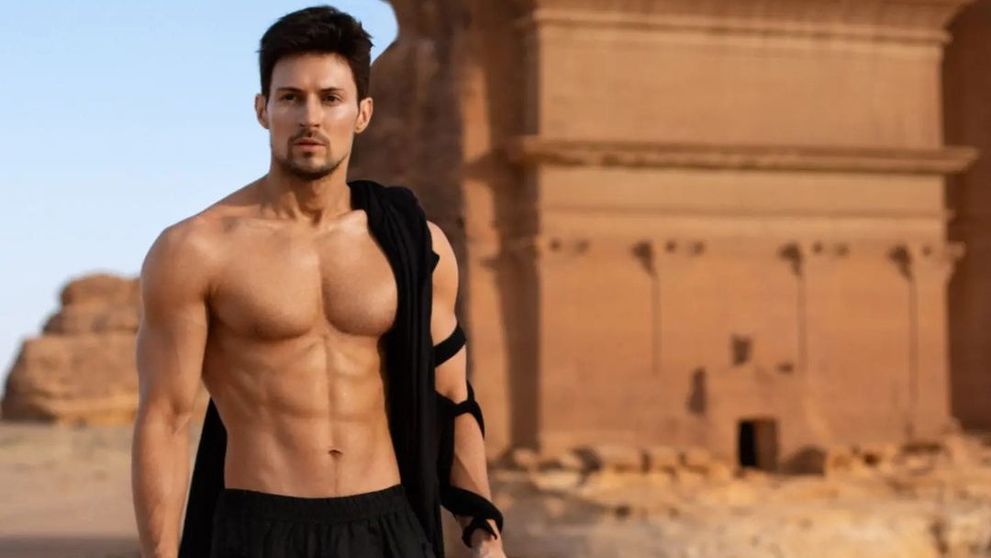Russian-born billionaire and Telegram founder Pavel Durov, 39, was detained in France last Saturday after his private jet touched down at Le Bourget Airport. His alleged crime? Refusing to implement content censorship on his popular messaging platform, Telegram.
Pavel Durov, along with his brother Nikolai, launched Telegram in 2013. The platform quickly gained traction, and by January 2021, it became the most downloaded app worldwide. Today, with over 950 million active monthly users, Telegram remains one of the globe’s most widely used messaging services, celebrated for its strong stance on privacy and free speech.
Unlike other social media platforms, Telegram doesn’t employ algorithms to manage or censor content. Instead, users can subscribe to channels of their choice and view content in a straightforward chronological feed. The app has gained attention for providing real-time, uncensored updates on current global conflicts, such as those in Ukraine and Gaza, making it a hub for unrestricted information flow.
However, this commitment to free speech has put Telegram on a collision course with European authorities. Critics argue that the lack of moderation allows the spread of disinformation, pro-Kremlin narratives, and potentially harmful content. Recent violent protests in the UK have also been partially attributed to unfiltered content circulating on Telegram.
French authorities have initiated an investigation to determine whether Durov resisted demands to censor illegal content on the platform, such as drug trafficking, fraud, cyber scams, child exploitation, and terrorist propaganda. The investigation is spearheaded by a cybercrime unit based in Paris.
“Telegram’s CEO Pavel Durov has nothing to hide and travels frequently in Europe,” the company stated, emphasizing that it is unreasonable to hold a platform or its owner accountable for the misuse of the platform by certain individuals.
Durov, who has dual citizenship in France and the UAE and is known for his distinctive style and shirtless photos, was last reported residing in Dubai. Both the UAE and the Russian Embassy in France are seeking consular access to him as the legal situation unfolds.
Analysis: The Battle Between Free Speech and Content Moderation
This situation raises fundamental questions about the limits of free speech and the role of tech platforms in moderating content. As previous legal battles involving Facebook and Google have shown, the line between protecting free speech and controlling harmful content is a contentious one. How the French authorities handle Durov’s case may set a precedent for the future of digital freedom in Europe.








